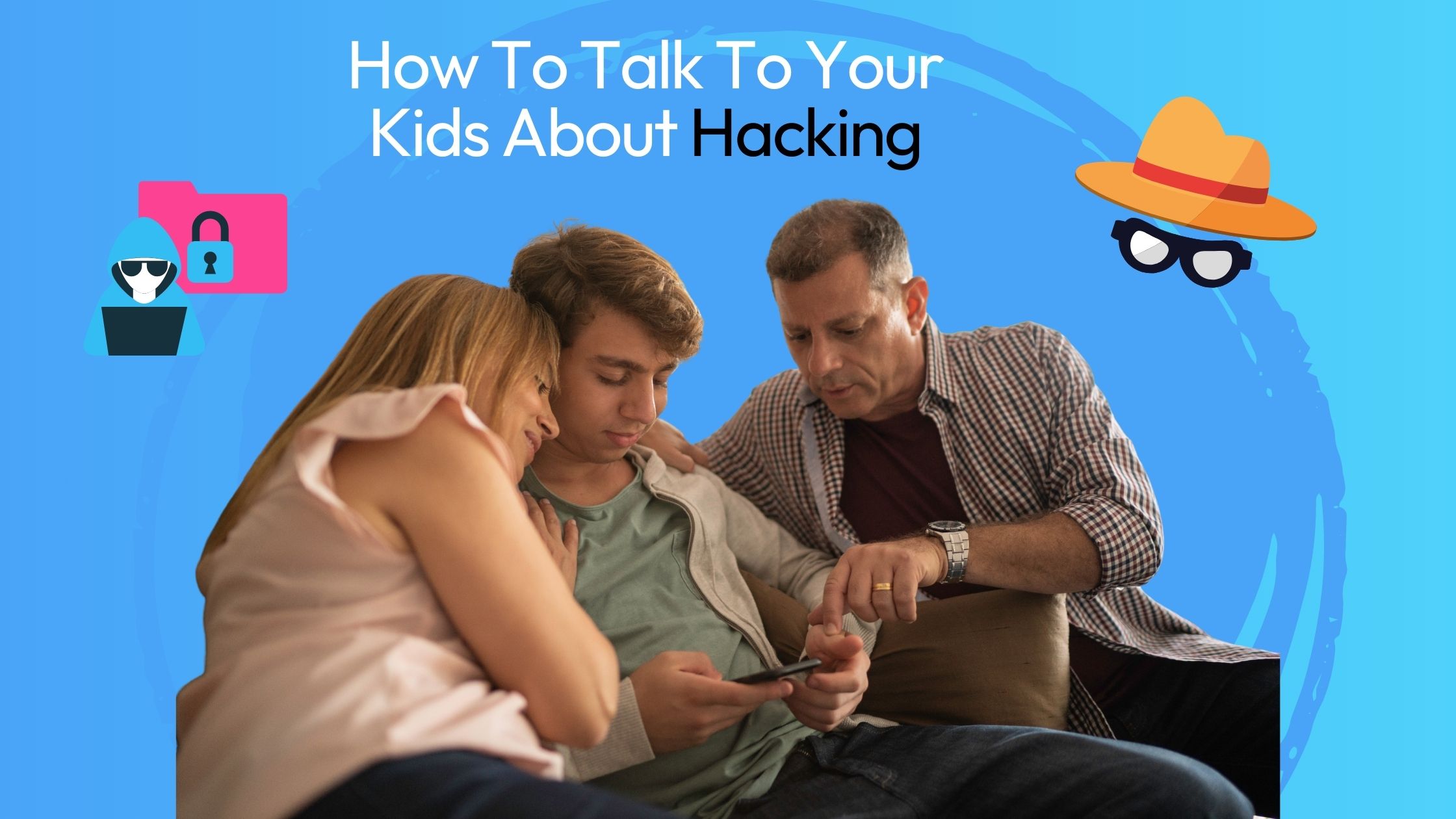My kids have been online schooling since the beginning of the 20/21 school year. It’s presented challenges, but we have finally hit our online stride. Recently, though, I woke up to an email from our principal saying that our online software had been hacked district-wide, and some kids were receiving lewd messages and images. Stress engulfed me instantly. I wasn’t ready to have this talk with my 5th, 3rd and 1st graders, but I needed to take to my child about hacking.
We have tried hard through the years to monitor our kids’ online presence. Still, inappropriate things filter through even the most secure of Websites. Early in our YouTube watching days, before we banned YouTube in our house (in favor of its younger sibling, YouTube Kids), I would sometimes witness my kids’ innocent clicking quickly become problematic when videos of Elsa from Frozen went from silly and goofy to inappropriate and out of control. All it took was one click and the girls were stumbling down a rabbit hole into lewd content not suitable for young eyes and ears. While we should have talked to our kids about cybersecurity then, they still seemed young. After the attack on their school devices, however, we knew the time had come.

How to Talk to Your child about Hacking and Cybersecurity
After we confirmed that, fortunately, our kids were not the ones who received inappropriate messages, we quickly developed a few bullet points to discuss with our girls. We wanted to let them know how to best avoid becoming a victim on unwanted attention or images online.
Here are a few guidelines we used to talk to our girls about cybersecurity.
- Don’t Click on Pictures, Emails or Links if you aren’t sure who they came from or how you stumbled upon them. Our girls each have their own school emails. And while we don’t allow them to give these emails to anyone, the girls do use these emails to communicate with teachers at school. We told them that is what very important to not open an email if they didn’t know the sender. Or if the subject of the email looked questionable, to not open the email. We stressed the importance of trusting their gut. If there was foul language, if something felt off, anything, they needed to go tell an adult. Same thing with links. If they were innocently clicking around on school-approved or parent-approved Website and suddenly received a pop-up or a link that felt fishy, we encourage them not to click but to tell someone.
- Don’t share passwords. My girls all use the same password for their school accounts. I set them up, and it was just easier on all of us it if was the same. I didn’t realize this would be problematic until I heard one of my girls telling a friend her password to her Roblox account. When I stopped her, she was confused. “But, Mom,” she said, “Both of my sisters know my password. Why can’t my friend?” We talked with all three girls about how passwords are private and not to be shared, except with parents. Passwords are meant to keep private information private, and, once they are shared, anyone can access private information, such as birthdays, credit card numbers and so much more. We told them not to give passwords to anyone in person or online without our permission.
- Don’t download apps without parent or teacher approval. So many apps (for adults and kids alike!) collect an alarming amount of information from each person who downloads them. If our kids want to download apps on their iPads, they have to send a message to us for approval. We are then able to research the background of an app and make sure it is safe for our kids to be using. Make sure your kiddos aren’t downloading apps that require a lot of personal information just to use it or that could download harmful material onto their devices.
The FTC also has some great tips to help you talk to your kiddos about cybersecurity and hacking. Nobody wants her kiddos exposed to dangerous or illicit materials online. Speak to kiddos now about the downside of the internet so they can be on the lookout for activities that may be inappropriate for them.